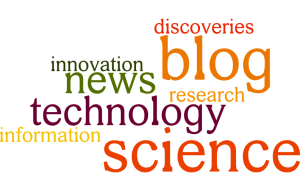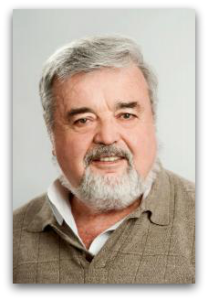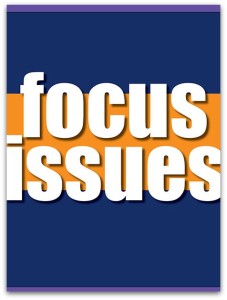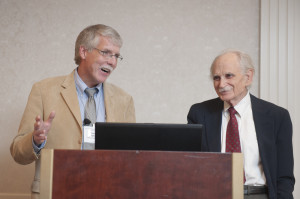ECS Short Courses are all day instruction designed to provide students or the seasoned professional an in-depth education on a wide range of topics.
Register online today!
Five Short Courses will be offered on Sunday, October 11, 2015.
These small classes, taught by industry leaders, are an excellent opportunity to receive personalized instruction, helping both novices and experts advance their technical expertise and knowledge.
 Short Course #1
Short Course #1
Basic Impedance Spectroscopy
Mark Orazem, Instructor
This course is intended for chemists, physicists, materials scientists, and engineers with an interest in applying electrochemical impedance techniques to study a broad variety of electrochemical processes.
 Short Course #2
Short Course #2
Fundamentals of Electrochemistry: Basic Theory and Kinetic Methods
Jamie Noël, Instructor
This course covers the basic theory and application of electrochemical science. It is targeted toward people with a physical sciences or engineering background who have not been trained as electrochemists, but who want to add electrochemical methods to their repertoire of research approaches.


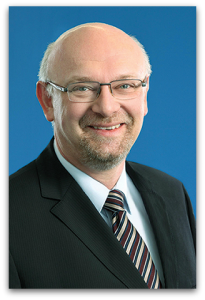
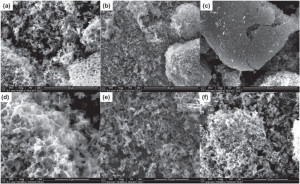
![[Click to enlarge]](https://www.electrochem.org/wp-content/uploads/2015/09/post-pic-224x300.png)
![[Click to enlarge]](https://www.electrochem.org/wp-content/uploads/2015/09/post-pic-2-224x300.png)
